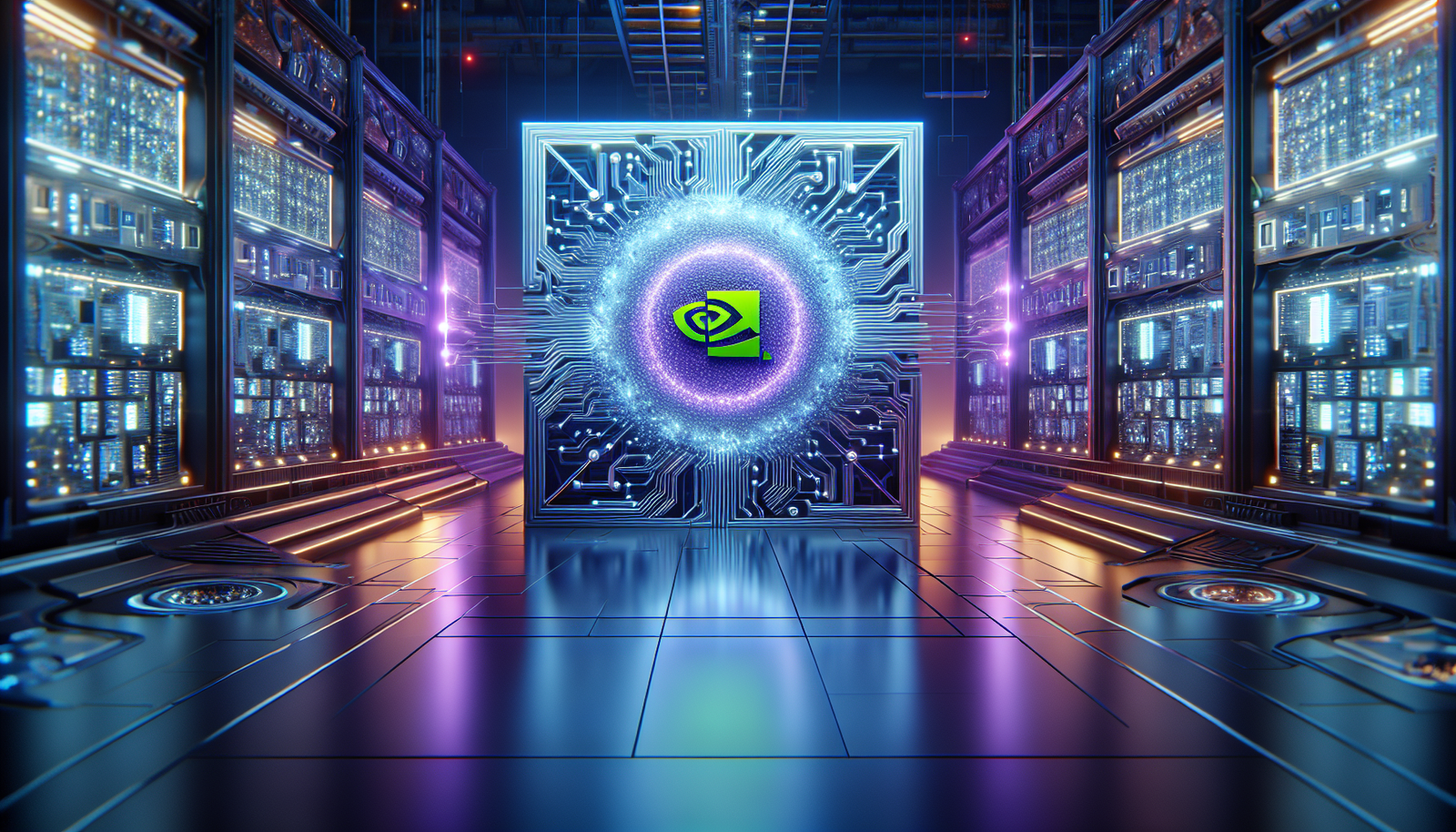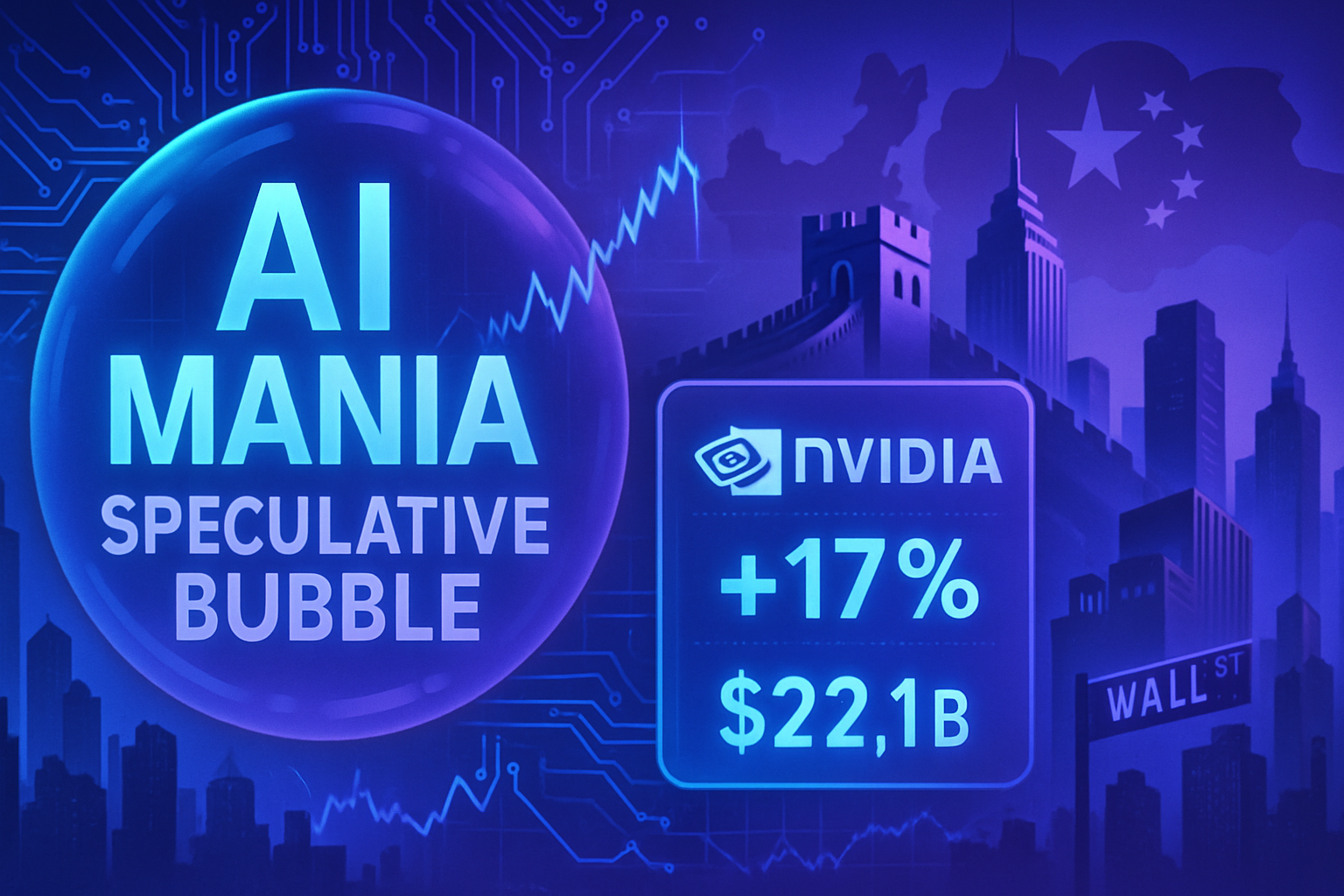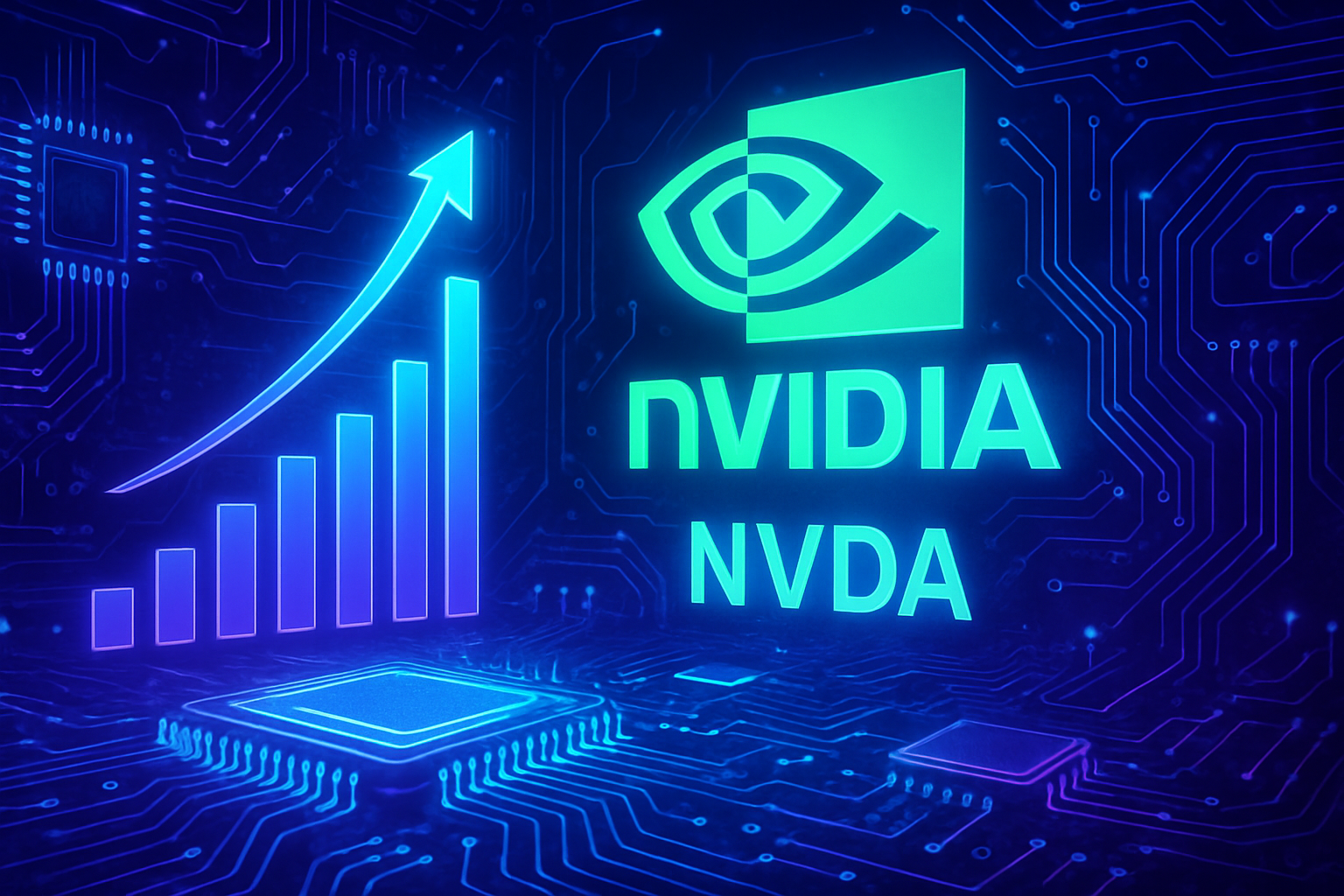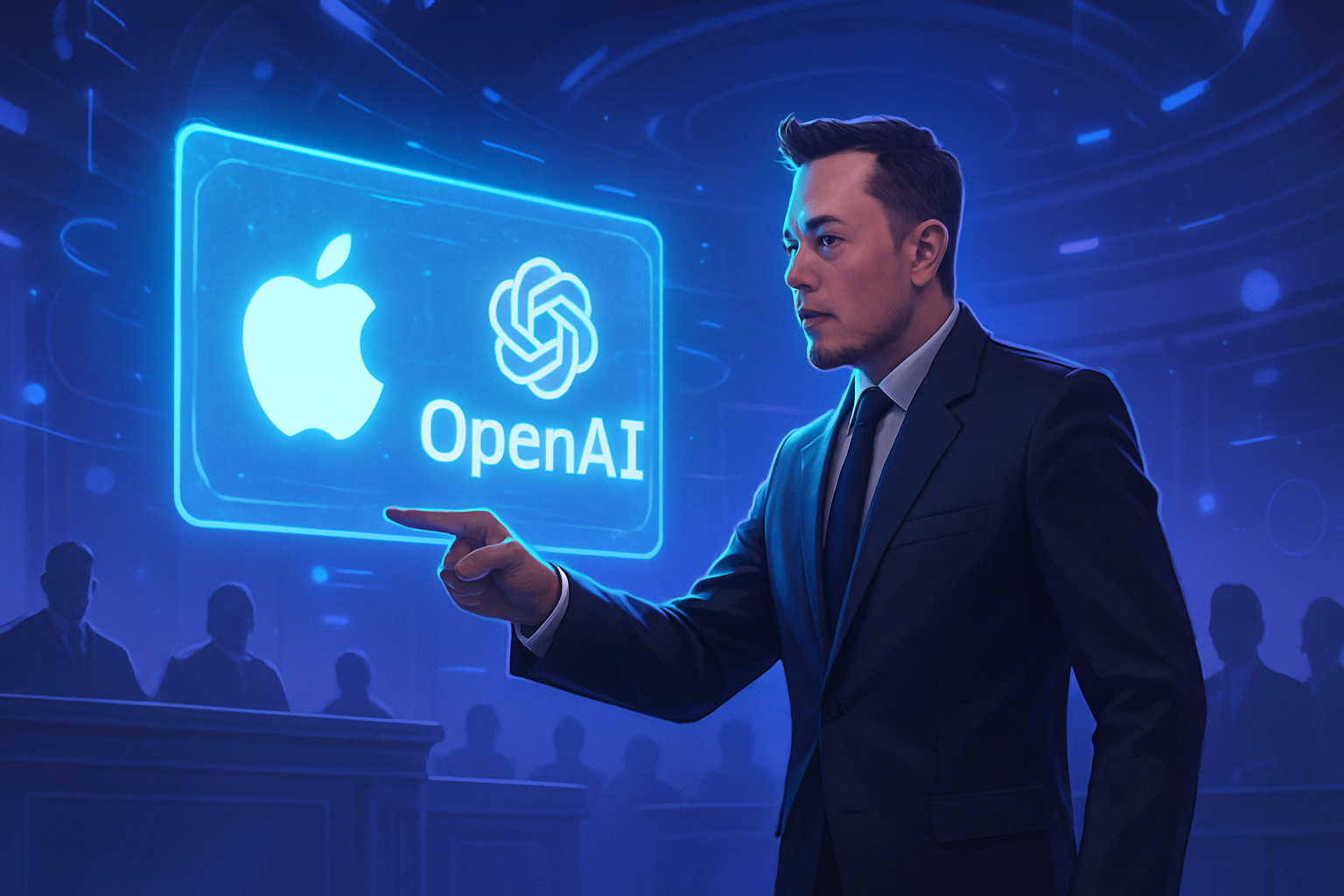Nvidia is facing unprecedented challenges due to new export restrictions on artificial intelligence chips to China. The imposition of a license by U.S. authorities heavily affects this company, reducing its competitive edge. These restrictions aim to preserve the technological superiority of the United States and to prevent the development of military applications by Beijing. The increasing uncertainty is of paramount importance for the future of the semiconductor industry and the trade relations between the two superpowers.
Nvidia Confronted with Export Restrictions
The new regulations imposed by U.S. authorities severely disrupt Nvidia’s operations, the chip giant. Since April 15, the company must obtain a license to export certain artificial intelligence chips to China and other countries. This requirement results in an exceptional burden estimated at $5.5 billion during the first fiscal quarter, directly impacting its profitability.
Financial Implications for Nvidia
The document filed by Nvidia with the SEC lists the burdens related to these new restrictions. This includes the costs of inventory and purchase commitments related to the H20 chips, specifically designed for the Chinese market. These chips, although less powerful than the H100 and H200 models, represent a major stake for Nvidia in a rapidly evolving market.
Geopolitical and Technological Context
The administrations of Donald Trump and Joe Biden have acted to limit the export of sensitive technologies to China. This strategy aims to preserve the U.S. advantage in the field of artificial intelligence technologies and to prevent Beijing from exploiting these advances for military purposes. The imposed restrictions are not without consequences for Nvidia’s financial situation, whose stock price fell by 5% after the announcement of the new measures.
Increased Competition and Its Risks
The launch of DeepSeek, a generative AI interface developed by a Chinese startup, fuels investor concerns. DeepSeek did not require H100 chips, raising concerns about the competitiveness of American companies in the face of this innovation. Nvidia’s CEO, Jensen Huang, regularly warns about the rapid rise of competition in China, noting that the company’s sales in the country have halved compared to previous years.
New Production Initiatives
In response to this unfavorable situation, Nvidia has announced its plan to fully manufacture AI supercomputer chips on U.S. soil. This decision aligns with a relocation effort, encouraged by the new government policies. Taiwanese partners, including TSMC, Foxconn, and Wistron, are expected to support these efforts by increasing production and establishing new facilities in the United States.
Economic and Fiscal Outlook
The White House has praised the relocation of industries as beneficial for the national economy and security. Despite this, Nvidia may face a new wave of tariffs on imported chips to the United States, a decision that Donald Trump plans to announce soon, further impacting the costs associated with production.
FAQ on New Export Restrictions of AI Chips to China by Nvidia
What are the new restrictions imposed by the U.S. on Nvidia’s chip exports to China?
U.S. authorities now require Nvidia to obtain a license to export certain artificial intelligence chips to China, particularly affecting the latest generation models designed for the Chinese market.
How will these restrictions impact Nvidia’s finances?
Nvidia has announced that these new restrictions could result in an exceptional burden of $5.5 billion in the first quarter of its fiscal year, significantly affecting its financial results.
What types of chips are affected by these new regulations?
The restrictions primarily concern the H20 chips, which are somewhat less powerful versions of the H100 and H200 chips but are specifically designed to comply with export regulations.
Why are the U.S. imposing these restrictions on AI technology exports?
The U.S. seeks to maintain its technological edge in the artificial intelligence sector and to prevent China from developing potentially threatening military applications.
What impact have the restrictions had on Nvidia’s market share in China?
Nvidia has stated that its revenue in China has halved compared to pre-export control levels, highlighting the increasing pressure from local competition.
How is Nvidia adapting to these new restrictions and competitive pressure?
In response to these challenges, Nvidia has announced its intention to relocate the production of certain chips to the U.S. and to increase its production capacity in collaboration with Taiwanese manufacturers.
What are the future forecasts for Nvidia in light of these export challenges?
The forecasts remain uncertain, but Nvidia’s management continues to emphasize the importance of responding quickly to these limitations and finding solutions to maintain its competitiveness in the global market.
Are additional taxes expected on chip imports to the United States?
Yes, the U.S. president announced that he would declare new taxes on chips entering the United States, which could have repercussions on the costs and sourcing strategies of Nvidia.






